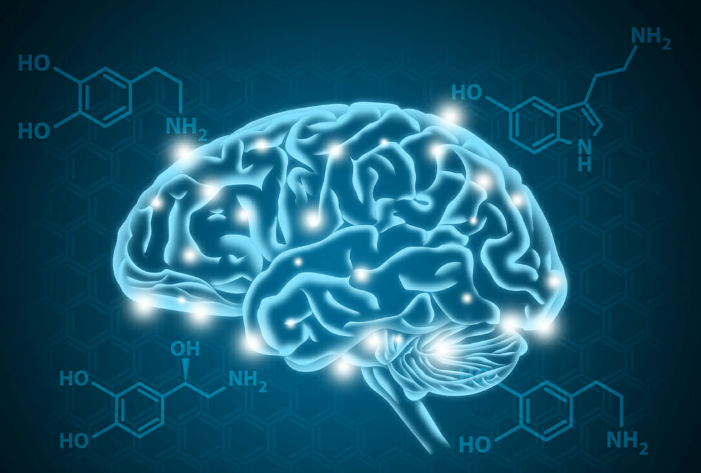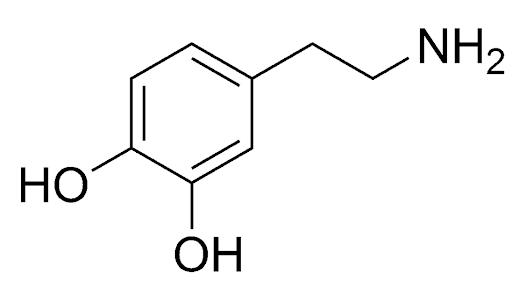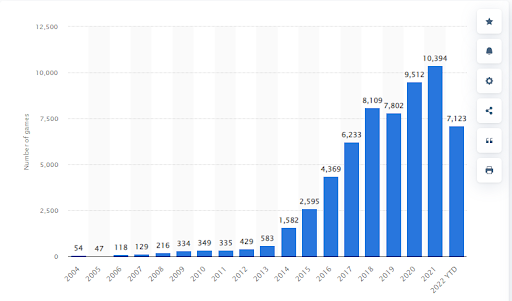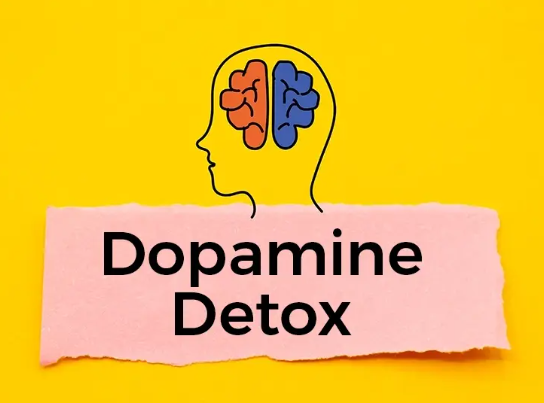

The world is concerned about game addiction. And why not? The alarming data suggest that 3-4 percent of gamers worldwide are addicted to video games, implying that up to 60 million or more are suffering.
Few people realize, however, that addiction has infiltrated our minds deeper than we can imagine.
Moonpreneur
| S.No. | Table of Contents |
|---|---|
| 1 |
What is Dopamine?
|
| 2 | What Happens in The Brain After The 3 Stage |
| 3 | Number Of Games Released on Steam Worldwide from 2004 to 2022 |
| 4 | Several Strategies that can be used to help control dopamine and game addiction |
| 5 | Does dopamine Detox work? debunking the hype |
What is Dopamine?
Dopamine is an important neurotransmitter in the brain’s reward system. It helps to regulate motivation, pleasure, and reward-motivated behavior. Dopamine is released in the brain when we engage in pleasurable activities or achieve a reward, resulting in feelings of pleasure and motivation to repeat the behavior.
This is why dopamine is known as the “feel-good” chemical.

According to Dr. Kanojia’s theory, a Harvard-trained addiction psychiatrist and founder of a mental wellness company called Healthy Gamer, the attraction to excessive gaming is linked to the release of dopamine in the brain.
Individuals who engage in an activity, such as gaming, in order to continually experience the pleasurable effects of dopamine release, may develop an addiction to activities like gaming.
In the long run, the brain’s reward system, driven by the release of dopamine, can lead to compulsive engagement in the activity, making it difficult for the individual to stop.
Video games are enjoyable because they engage the brain in a way that leads to the release of dopamine.
He says, a gamer progresses through three distinct stages
Stage 1
Fun: Initially, playing the game is a positive experience, becoming more enjoyable the more one plays. You want to keep playing it for months and years. However, as regular gaming continues, the brain adapts to the consistent release of dopamine, creating a state of equilibrium. So, in the early gaming stages, our bodies haven’t acclimatized to the dopamine release, so it feels fun.
Stage 2
Tolerance: In this stage, you develop tolerance to the constant flow of dopamine, and as a result, the game becomes less enjoyable. This stage of gaming is not as enjoyable as the initial stage as it may not elicit the same level of pleasure, but it can provide a sense of relief from negative emotions.
For instance, if an individual is feeling stressed, frustrated, or irritated, playing games may offer a temporary escape from these feelings.
This illustrates how gaming can initially provide a positive experience in the first stage, but shifts towards providing a coping mechanism for negative emotions in the second stage.
It gives you a positive motion in the first phase and helps you get rid of negative emotions in the second phase.
Recommended Reading: Tips to Prevent Gaming Addiction In Young Children in 2023
Stage 3
Biological addiction: If people continue to engage in gaming enter a third stage characterized by true biological addiction, in which the activity no longer provides relief from negative emotions and no pleasure. Individuals feel trapped in the habit because they do not enjoy it but are unable to stop playing it.
This is an obvious sign of biological addiction. It indicates that the addiction has progressed to the point where the brain’s normal homeostasis mechanism is unable to balance the impact of excessive dopamine release.
What happens in the brain after the third stage?
When we play games, dopamine is released in the nucleus accumbens region of the brain. However, as the brain becomes accustomed to this release, its sensitivity to receiving that dopamine signal decreases.
The brain adapts to the consistent release of dopamine, requiring more activity to achieve the same level of pleasure.
Recommended Reading: Why is Fortnite a Highly Addictive Game of All Time
Number of games released on Steam worldwide from 2004 to 2022

With the increasing number of video games being released each year, it is becoming increasingly difficult for people to avoid indulging in it. In the first eight months of 2022, 7,123 titles were released on Steam, an online gaming platform.
Several strategies can be used to help control dopamine and gaming addiction:
1) Set boundaries and self-monitor
Limiting the time you spend gaming can help reduce the amount of dopamine released in response to the activity, making it less pleasurable and thus easier to limit or stop. It will also be beneficial to keep track of your gaming indulgences, such as time and money spent on gaming, as well as how you feel before and after you play.
2) Seek addiction treatment
The World Health Organization (WHO) officially recognized video game addiction as a mental health disorder this year. As a result, it is advised that you consult a therapist for treatments such as cognitive behavioral therapy CBT, a type of mental health counseling that teaches you how to replace thoughts about gaming to change behavior.
3) Breaking patterns can help you find alternatives
People often develop a pattern of behavior related to their addiction; breaking the pattern, such as avoiding triggers or taking a break from gaming at specific times, can help reduce the addiction.
Taking part in other dopamine-releasing activities, such as exercise, socializing, or pursuing hobbies, can help to satisfy the brain’s dopamine need and reduce the desire to game.
4) Seek help
Joining a support group or an online forum can help build accountability and provide a sense of community, both of which can be beneficial in overcoming addiction.
It’s important to note that everyone is different, and what works for one person may not work for another, so it’s a good idea to try a combination of different strategies to find what works best for you.
Do Dopamine Detox Works? Debunking the Hype
Dopamine detoxes, a recently popular idea, advocate reducing behaviors that cause the brain to release too much dopamine.
Social networking, video games, and other rapid gratification pursuits are frequently included in this category. Reestablishing the brain’s reward system is the premise behind a dopamine detox, which could result in improved focus, productivity, and general well-being.
Despite growing in acceptance, dopamine detoxes continue to be the focus of discussion and inquiry in the wellness industry.
What is a dopamine detox?

Image source: https://www.karenberrios.com/
Dopamine detox entails giving up gaming abruptly, which involves deleting all of your games and accounts and abstaining from playing for 90 days.
Why are there 90 days? Because it may take you that long to reverse the mental alterations caused by heavy gaming.
The dopamine cleanse will restore your ability to enjoy commonplace activities. You’ll be able to indulge in interests and things that are seemingly taken for granted, like relationships or food.
The Claims of Dopamine Detox
1. Increased Productivity and Focus:
People can rewire their brains to seek satisfaction from more useful occupations, according to proponents, by temporarily refraining from things that give rapid rewards (like social media or video games). This change in focus is said to result in greater productivity at work or in personal pursuits.
2. Enhanced Mental Acuity and Well-Being
Dopamine detox proponents assert that by limiting exposure to ongoing stimuli that flood the brain with dopamine, people may feel more in control of their thoughts. It is believed that mental clarity promotes better decision-making, lower levels of stress, and a general feeling of well-being.
3. Breaking Free from Addictive Behaviors
A purposeful reduction in activities linked to addictive behaviors, according to advocates of detox, can help people gain control over their urges and cravings. Individuals may form better habits and lessen dependency on drugs or behaviors that give immediate dopamine spikes by abstaining from instant gratification activities.
If you are looking for creative ways to engage your children, you can explore Moonpreneur’s offering.
Moonpreneur understands the needs and demands this rapidly changing technological world is bringing with it for our kids and thus we are on a mission to educate and ignite the flames of entrepreneurship through our holistically created online STEM programs which will help kids master the futuristic sciences such as Robotics, Game Development, App Development, Advanced Math and much more!!
Encourage your child to be a game creator instead of a consumer by enrolling them in a free game development and coding workshop.
Update: This article was last updated on 9th November 2023 to reflect the accuracy and up-to-date information on the page.
















